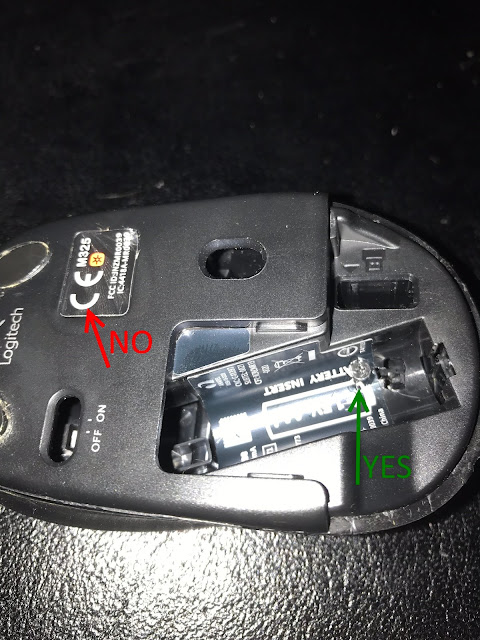groupby-clause ::= group selExpr by keyExpr
That is powerful tool for grouping by single or compund property(s), also function can be applied to key property.
In simplest case group statement uses itemName (from itemName) as selExp.
MySqlConnection conn = new MySqlConnection("SERVER=localhost; DATABASE=employees;UID=root;PASSWORD=");
var emp = new EmployeeDataContext(conn);
var results = from e in emp.DeptEmps
group e by e.Department.DeptName;
foreach (var a in results)
{
Console.WriteLine(a.Key.ToString());
foreach (var b in a.Take(10) )
Console.WriteLine("\t"+b.Employee.LastName);
}
Listing 10.1
If you misstype variable name var results = from e in emp.DeptEmps group i by e.Department.DeptName; appears strange error message: Cannot convert lambda expression to type 'System.Collections.Generic.IEqualityComparer<>' because it is not a delegate type. Check carefully selExp. It's possible here to construct new anonymous type as selExp almost with the same result set.MySqlConnection conn = new MySqlConnection("SERVER=localhost; DATABASE=employees;UID=root;PASSWORD=");
var emp = new EmployeeDataContext(conn);
var results = from e in emp.DeptEmps
group new { e.Department.DeptName, e.Employee.LastName } by e.Department.DeptName;
foreach (var a in results)
{
Console.WriteLine(a.Key.ToString());
foreach (var b in a.Take(10) )
Console.WriteLine("\t"+b.LastName);
}
Listing 10.2
The output from both listings will be the same MySqlConnection conn = new MySqlConnection("SERVER=localhost; DATABASE=employees;UID=root;PASSWORD=");
var emp = new EmployeeDataContext(conn);
var results = from e in emp.Employees
group e by new { e.LastName, e.FirstName } into g
where g.Count()>1
select g.Key;
foreach (var a in results)
Console.WriteLine(a);
}
Listing 10.3



No comments:
Post a Comment